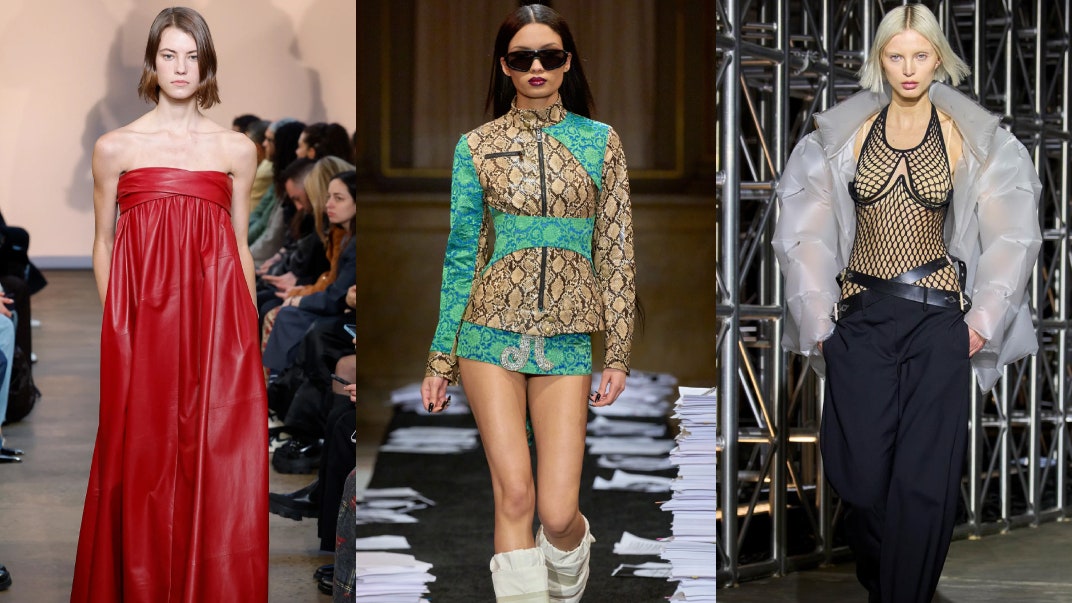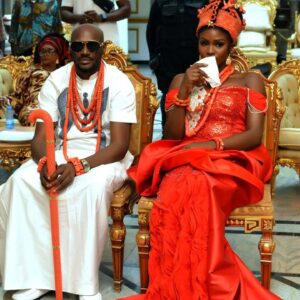Sustainable Fashion Takes Center Stage: A Green Revolution in the World of Style
In a world increasingly conscious of its environmental impact, sustainable fashion is emerging as a transformative trend that’s here to stay. As eco-awareness spreads, fashionistas and industry insiders alike are embracing a new era of style that prioritizes sustainability, ethics, and responsibility. In this article, we explore the key aspects of sustainable fashion, from eco-friendly materials to ethical production practices, shedding light on the green revolution reshaping the fashion industry.
The Rise of Sustainable Materials
One of the cornerstones of sustainable fashion is the use of eco-friendly materials. Designers are increasingly turning to organic cotton, bamboo, hemp, and recycled fabrics to create chic clothing that doesn’t harm the planet. These materials not only reduce the fashion industry’s carbon footprint but also promote ethical farming and fair labor practices.
Eco-Friendly Manufacturing
Sustainable fashion is not only about what you wear but also how it’s made. Brands are adopting ethical manufacturing processes that prioritize worker welfare and minimize waste. Slow fashion, a growing movement, focuses on creating high-quality, durable clothing designed to last, reducing the need for frequent replacements and curbing fashion’s throwaway culture.
Circular Fashion Economic
Another buzzword in the sustainable fashion world is the “circular fashion economy.” This concept promotes recycling, upcycling, and reusing old garments, reducing the textile industry’s immense waste. Brands are encouraging customers to return used items, which are then refurbished or transformed into new pieces, extending the lifecycle of clothing.
Eco-Friendly Accessories
Sustainable fashion extends beyond clothing. Accessories like handbags, shoes, and jewelry are also getting a green makeover. Brands are turning to vegan leather, reclaimed materials, and sustainable woods to craft accessories that are as stylish as they are environmentally friendly.
Consumer Empowerment
The power of sustainable fashion ultimately lies in the hands of consumers. As more people prioritize sustainability, they are demanding transparency from brands regarding their production processes and sourcing. With sustainable fashion becoming increasingly accessible and affordable, consumers have the opportunity to make environmentally responsible choices that align with their values.
In conclusion, sustainable fashion is not just a passing trend but a fundamental shift in the fashion industry. From eco-friendly materials to ethical production practices and a circular fashion economy, sustainability is at the forefront of the style revolution. As the world embraces a greener mindset, sustainable fashion promises a future where looking good and doing good go hand in hand. Join the movement, and together, we can make the world a more fashionable and sustainable place.














Post Comment